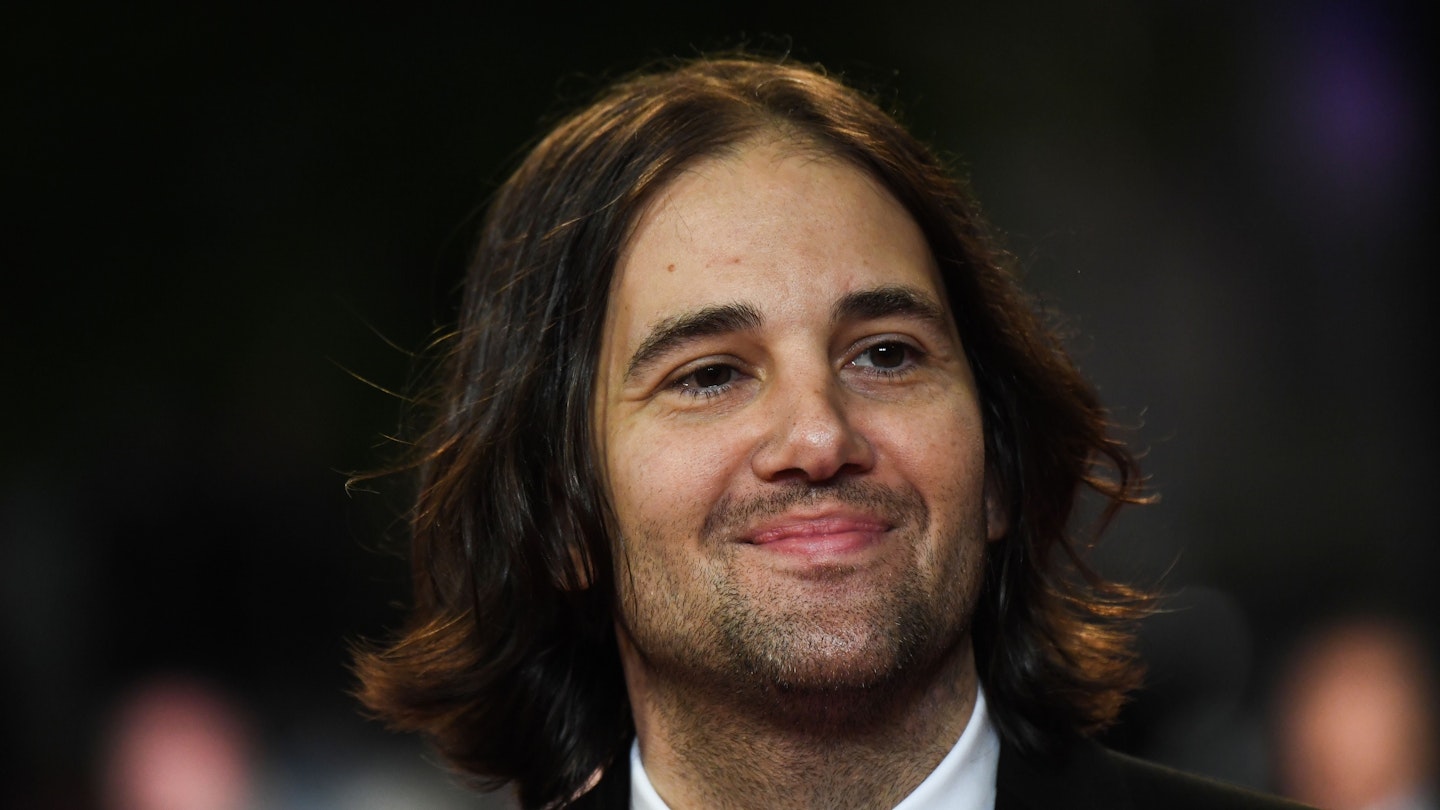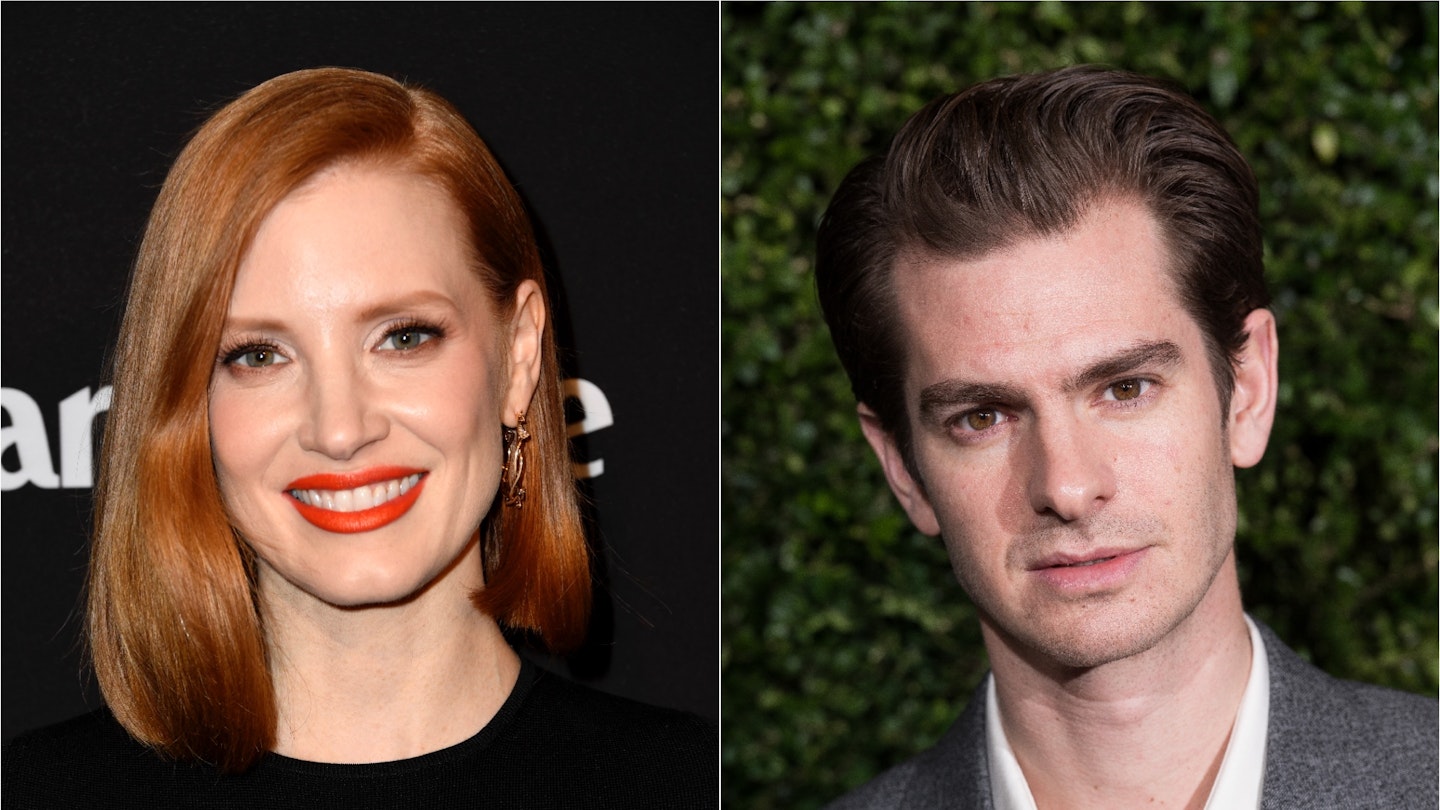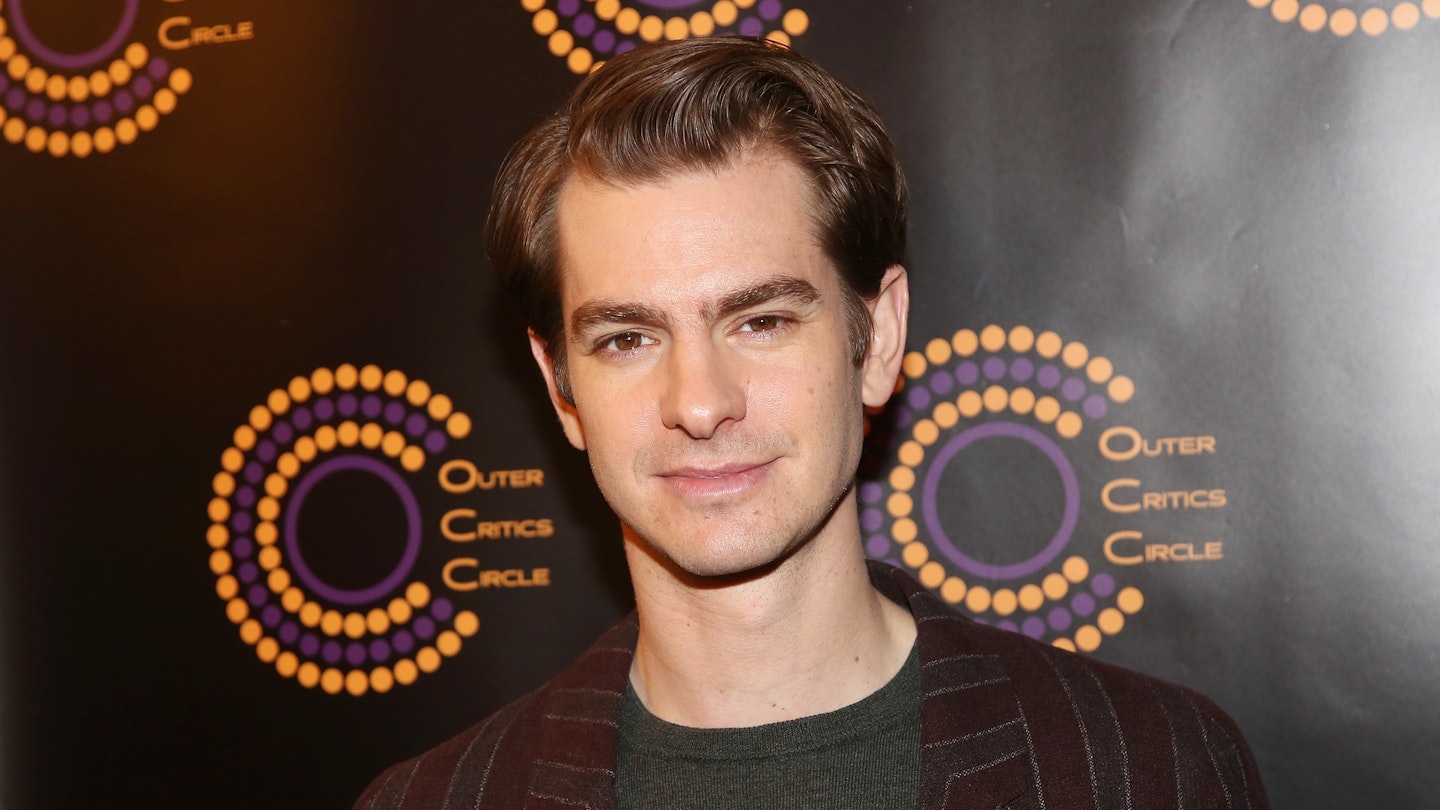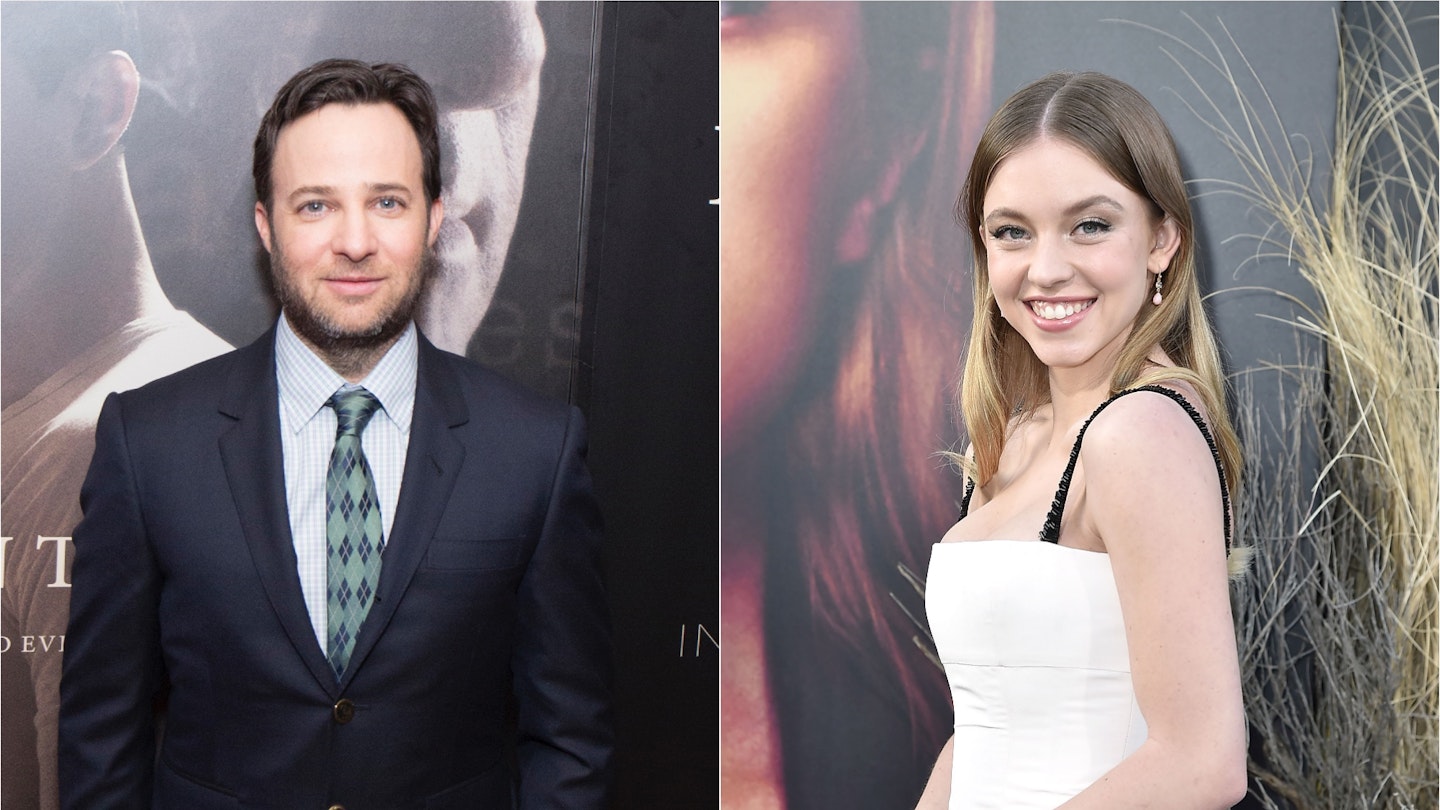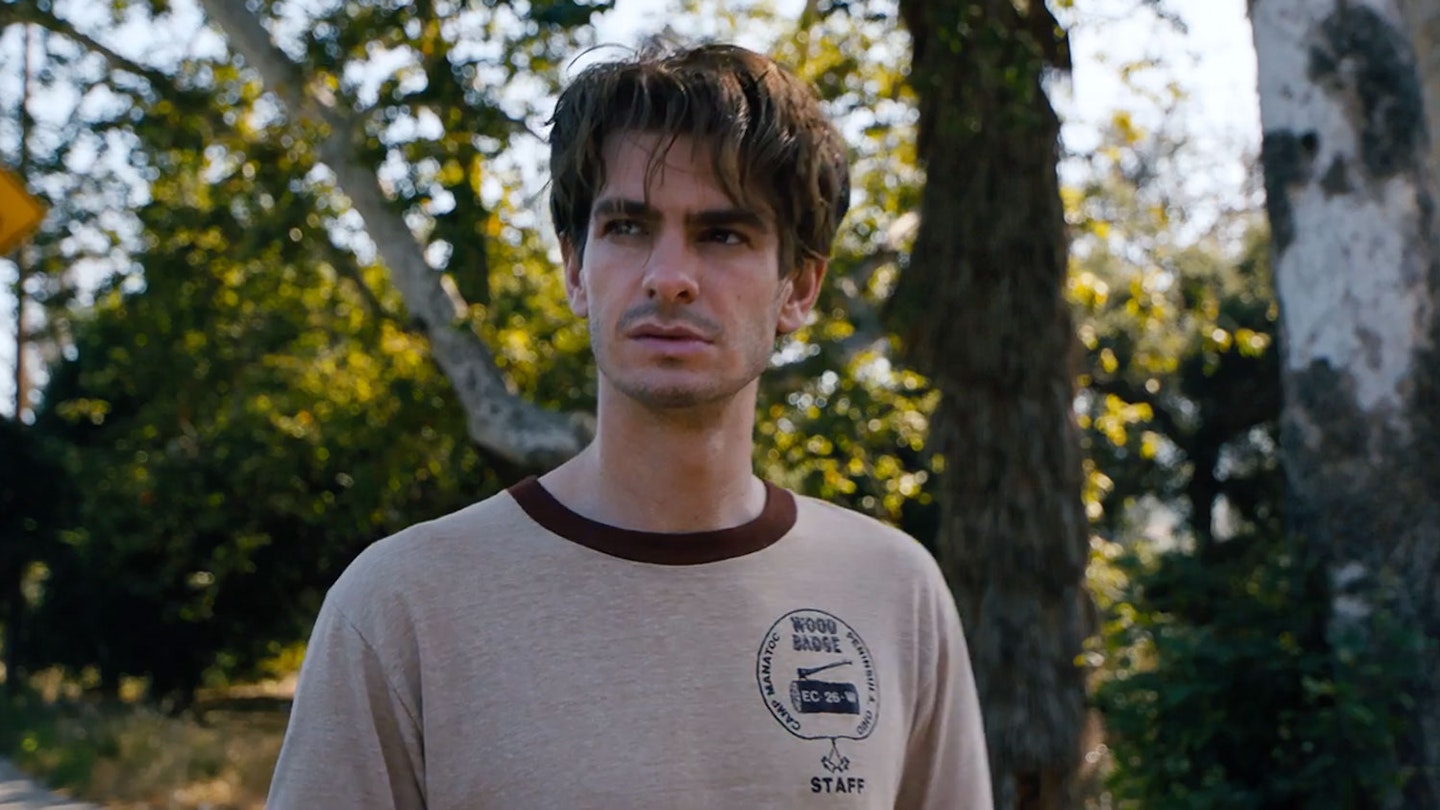“Do you like the movie?” A minor character poses that question roughly one hour into Under The Silver Lake, and it’s one that viewers of David Robert Mitchell’s latest might be wrestling with themselves by that point. Come the closing credits, they still might not be any the wiser.
After delivering an anxiety-inducing contemporary horror classic with It Follows, Mitchell’s follow-up moves away from John Carpenter slasher territory into more Lynchian weirdness, painting a hyperreal vision of Los Angeles steeped in movie history, and oozing with a pop cultural gloss that hides a dark, unsettling undercurrent. In the middle of it all is Sam (Andrew Garfield), an unemployed deadbeat who’s less concerned by his imminent eviction than the lives of the neighbours he spies on from his balcony. That’s not the only thing concerning him — a dog killer seems to be on the loose, celebrity daredevil Jefferson Severance is missing, and Sam is becoming increasingly obsessed with a zine titled ‘Under The Silver Lake’ that could hold answers.
Following the plot is pointless, which is entirely the point.
Where It Follows adhered tightly to internal rules, fuelled by its heroine’s attempts to survive her supernatural stalker, Silver Lake is purposefully loose and unwieldy. It’s a neo-noir shaggy dog story — with actual dead dogs — as Sam follows the trail of his missing neighbour Sarah (Keough), attempting to unpick the tangling, Pynchon-esque oddness around him. Following the plot closely is pointless — you’ll need a pinboard, several balls of string and vats of coffee to map it all out — which is entirely the point, but across a near two-and-a-half-hour runtime becomes wearying and frustrating.
Every time Silver Lake threatens to disappear entirely up its own rabbit hole, an arresting image or sharp sequence cuts through the haze and pulls you back in — and there are plenty of them. The film captures LA with a simultaneous digital sheen and sense of Old Hollywood glamour, thanks largely to Mike Gioulakis’ eye-popping cinematography — it’s as visually rich in its use of colour palettes as La La Land, though Mitchell has swapped the sunny songs for a permeating sense of stoned paranoia. As great as Silver Lake looks, it sounds even better. Mitchell has re-recruited It Follows composer Disasterpeace, who this time abandons thrumming electronics for ridiculously lush orchestrals that sing with golden age beauty.
But despite its greatest hits — notably Sam’s meeting with a songwriter who claims to have written every hit of recent decades, which erupts into gonzo gore — there are hints of Richard Kelly’s Southland Tales here, with ambition and somewhat-smug satire jumbled into a near-impenetrable, lengthy opus. Mitchell is genuinely gifted in his compositions and craft — but while Silver Lake is sometimes to be admired, it’s hard to truly like.

